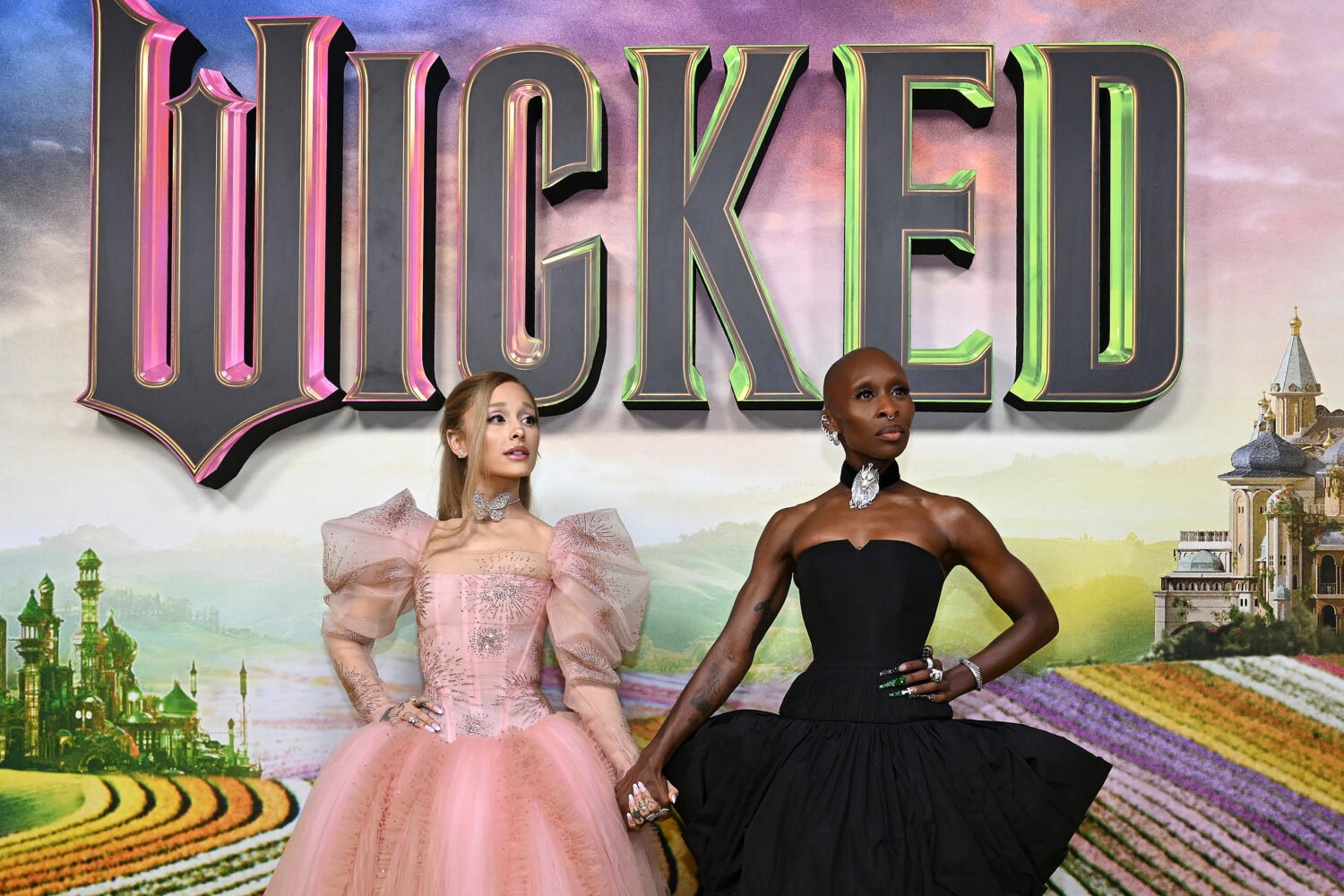Her grandfather—the larger-than-life writer
Ernest Hemingway—committed suicide. Her great-grandfather—Ernest’s father—committed suicide. Her uncle,
her great uncle, and her sister all took their own lives.
Is it any wonder that
Mariel Hemingway says—in
Barbara Kopple’s compelling documentary—that her whole life she’s felt like she’s “running from
crazy”?
The film by two-time Academy Award winner Kopple
(Harlan County, USA and
American Dream) explores the subject of mental illness through the life of actress Mariel Hemingway,
known for her Oscar-nominated portrayal of Woody Allen’s 17-year-old girlfriend in
the 1979 movie
Manhattan—and for being part of a family plagued by depression, alcoholism, and suicide.
“It was kind of like the Kennedy family,” she says. “We were sort of the other American
family that had this horrible curse.”
The fact that the family was so famous turns out to be a blessing, at least as far
as the documentary is concerned. Kopple and her team had access not only to archival
video, audio, and photos of Ernest, Mariel, and her sister Margaux, but also to extraordinary
footage of the family from a documentary Margaux intended to make. In one heartbreaking
scene, the girls’ father, Jack, says to Margaux, once one of the world’s highest-paid
models and a frequent partier at Studio 54: “I saw what effect fame had on Papa, both
in a positive and negative way. Seems to me I heard you or Mariel say at one point,
‘Don’t worry, daddy, I’ll never change.’ But you do.”
Mariel’s childhood is not a happy one. Her father, Ernest’s oldest son, drinks, and
her parents fight constantly—frequently to the point where one will hurl a bottle
against a wall. Mariel, the youngest of three daughters, is often the one to clean
up the blood and glass. Affection was rare in the Hemingway house. Also strangely
absent was any talk of their famous grandfather.
One of the most disturbing moments in the film is a recording of Margaux talking about
her younger sister: “I’m six years old, and Mariel comes into the picture and she
takes the spotlight away. She takes any kind of love away that I’m going to get from
anyone, because she’s the baby. I was angry. I’ll tell you one thing I did: I cut
off her eyelashes with a pair of scissors.”
What’s perhaps most amazing is that Mariel emerges as a relatively strong person.
It has taken years of hard work to find some measure of happiness and stillness—she
jokes, for example, about bouncing from diet to diet (macrobiotic, vegan, raw) and
about using exercise as her “high.” She’s become an advocate not only for holistic
living but for suicide prevention. Her relationship with her daughters, Langley (an
artist) and Dree (a model), is especially touching, given Mariel’s memories of her
own childhood.
Running From Crazy may disappoint those looking for broad discussions about mental illness. But by telling
the story of one family—a famous one that from the outside may have once seemed to
have it all—it reveals how devastating the disease can be. And how a family’s tragic
legacy can inspire hope.
Playing June 22, 2:30 PM, at the National Portrait Gallery, and June 23, 8:30 PM,
at the AFI Silver Theatre and Cultural Center.


















